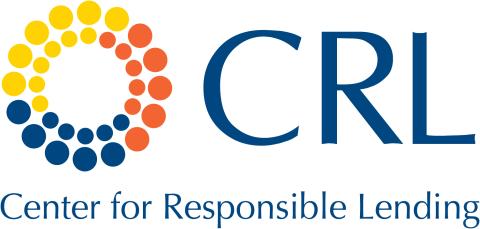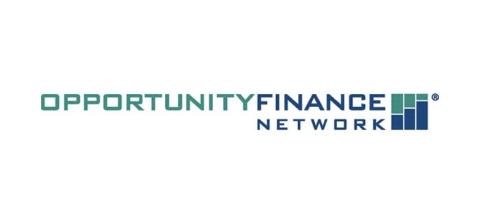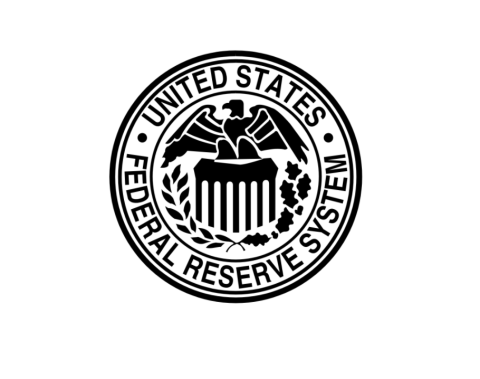
The Carsey School’s Center for Impact Finance (CSCIF) at the University of New Hampshire brings together a range of public and private sector organizations for financial product development, policy design, applied research projects, network building, and training. The Center ultimately addresses the role that access to capital plays on reducing income inequality.
CSCIF’s mission of advancing impact finance is to:
- Develop, design, and implement policies and practices to help ensure that low-income, low-wealth, and other disadvantaged people and communities have access to affordable, responsible financial products and services.
- Equip community development finance practitioners with practical, high-level skills as well as access to the tools and networks they need to succeed in a rapidly changing ecosystem.
- Convene a wide range of stakeholders to promote discussion and action that connect capital with institutions and initiatives that address economic and social inequality, minimize the opportunity gap, and strengthen economic, ecological, and family resilience.
Aligning Investments to Improve Population Health
- The overarching goal of this long-term project is to leverage hospital and community stakeholder connections and expertise to:
- Develop a statewide fund for collective community investment
- Create a common policy agenda for health care leaders that focuses on building capacity to address the social determinants of health
Community Development Financial Institutions Equity Fund
- The overarching goal of this fund is:
- To provide unimpeded access to the stream of unrestricted long term equity funding for participating CDFIs.
- To familiarize the conventional preferred stock investor with the CDFI industry, and thereby lower the cost of market rate on preferred stock funding for CDFIs over time.
- To establish an avenue for common equity investment at low market rates into the CDFI sector.
Enhancing Solar Finance Capabilities Project
- This project seeks to engage community-based financial institutions in solar finance, and ultimately to help lenders invest “deeper into their community,” through three pillars:
- Training & Support, including accessible online trainings, synchronous peer support workshops, coaching and knowledge sharing.
- Collaborative Infrastructure Development, which may range from simply encouraging partnerships and collaborations between lenders, to developing and growing investment vehicles or funds, operating platforms, or secondary markets that make it easier for community-based lenders to engage in solar finance.
- Movement-Building, including an industry analysis of current CBL involvement in solar finance, a series of cross-sectoral convenings, and identification and collaborative efforts to drive policy change and resource development.
The Center for Impact Finance at the Carsey School of Public Policy offers educational and training events throughout the year.?These include:
- Solar Lending Professional Training - Virtual Series – presented in partnership with?Inclusiv
- Fundamentals of the Opportunity Finance Industry course – offered in collaboration with the?Opportunity Finance Network
- Introduction to Community Development Finance Virtual course – presented in partnership with Inclusiv
The Center is frequently adding more programs and courses.






The Center for Impact Finance Financial Innovations Roundtable (FIR), creates cross-sector partnerships among conventional and non-traditional lenders, investors, and markets to provide low-income communities with increased access to capital and financial services. Some of the most successful ideas developed at the FIR such as new tools, policies, and practices, have resulted in millions of dollars being directed into investments in affordable housing, small and minority businesses, community facilities and other community development efforts.
